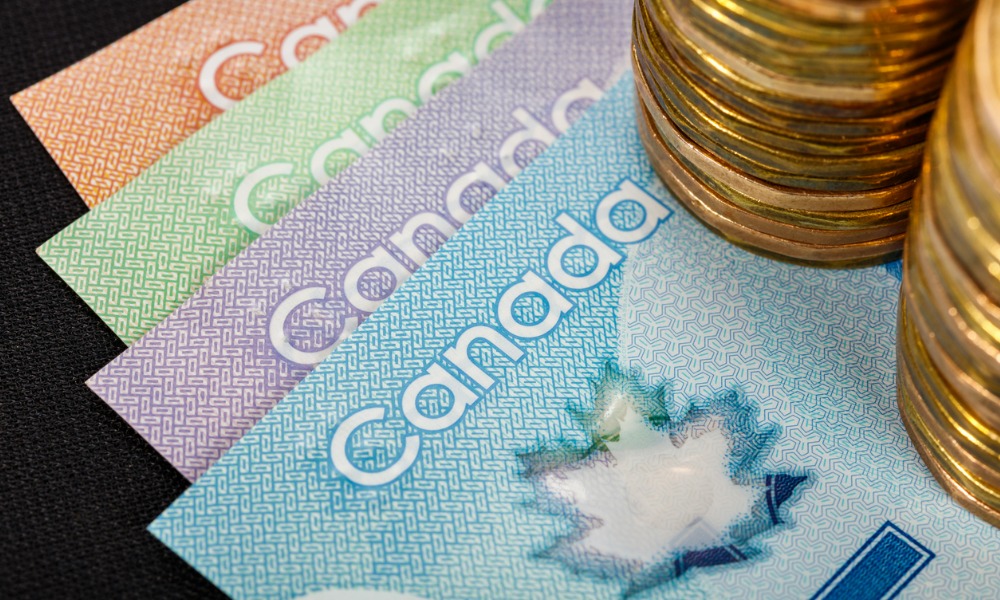RBC's Consumer Spending Tracker finds grocery transactions are up but gas spending is down

Canadians are spending more on their cards than pre-pandemic according to a new report from RBC.
Using anonymized card transaction data, the RBC Consumer Spending Tracker highlights the impact of Hurricane Fiona on cardholder spending in Atlantic Canada, but nationwide spending is up 30% from pre-pandemic levels overall.
However, the cost-of-living remains a drain on finances, with younger Canadians telling a recent MNP Debt survey that they have lower available funds at the end of the month.
September’s stats from RBC reveal that Canadians bought more groceries than a year earlier, a rise in average daily transactions of around 4% year-over-year following a 2.5% rise in the previous month.
Restaurant spending was up around 7% year-over-year, maintaining the level since April.
Travel spending was down as summer drew to a close and nominal spending on gas fell (-6.7% in September) alongside gas prices (down 8%).
Housing market impact
Data for earlier in September shows the impact of the cooling housing market on related industries.
Home-related spending peaked in February 2022 with a further rise in May but has been trending lower since.
There is also a downward trend for discretionary spending as Canadians tighten their belts in response to the cost-of-living crisis.
Recent research from Interac revealed that inflation is changing consumer behaviours with more Canadians adopting ‘intentional spending’ with mindful buying decisions and making every dollar count.
That study also highlighted the greater emphasis that younger generations put on spending on social activities – 20% of Boomers said this had led to higher spending compared to 50% of Gen Z.



